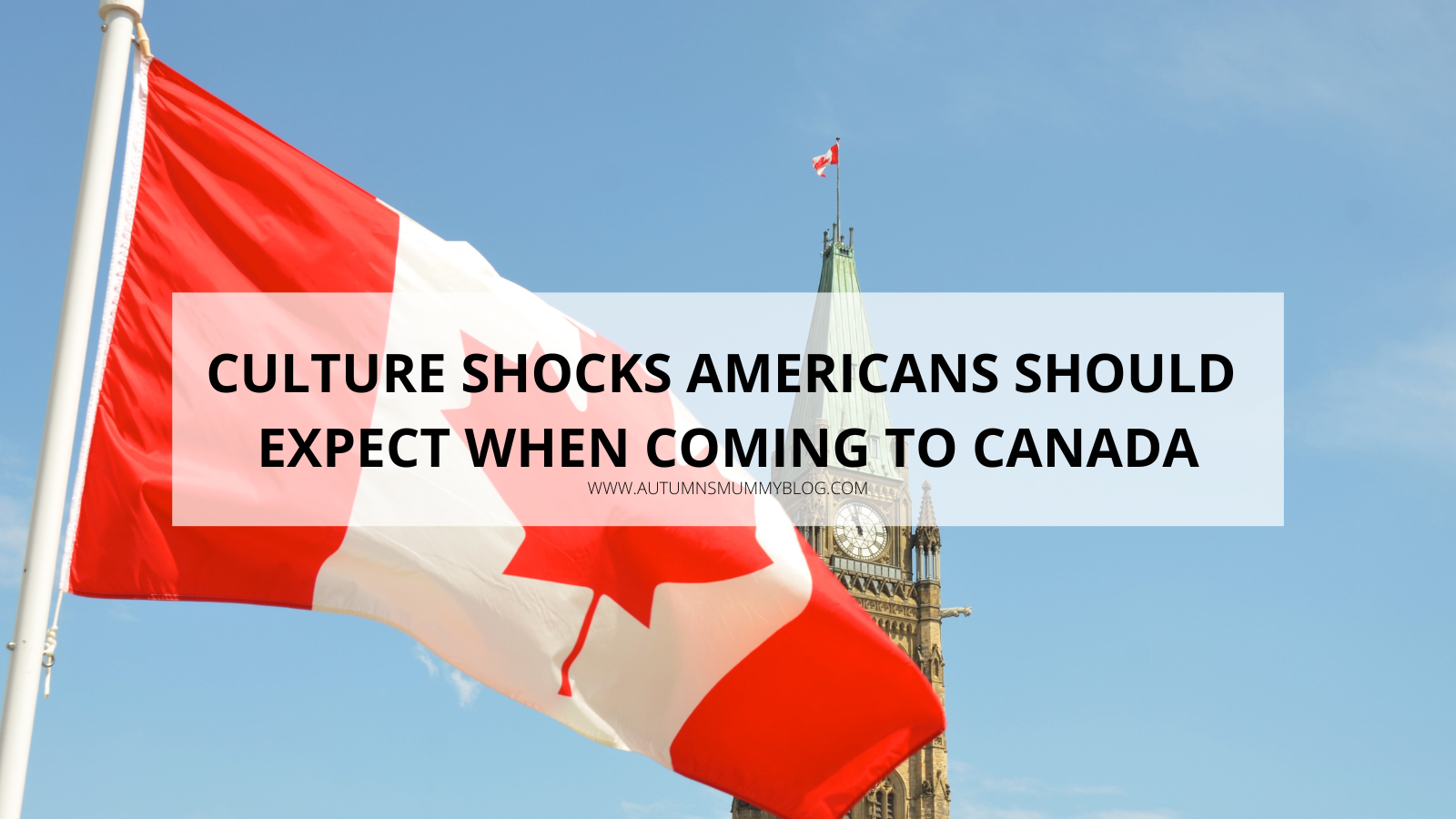Collaborative Post¦ If you’re planning to make a trip to Canada, you might not imagine that there would be much in the way of differences between culture and norms that would trip them up. After all, there’s a shared language and many shared cultural elements, too. However, it’s the differences that can really trip up someone when they’re making the trip from stateside.
Here, we’re going to take a look at some of the little and large issues that can cause culture shock for those visiting Canada from south of the border or elsewhere, and what you can do to make them feel a little more welcome in the Great White North, especially if you’re trying to play the good host.
There can be a lot of French (in Quebec)
For those making the trip to Quebec, it can often be surprising that the language of choice for so many in the province is Quebecois French. Indeed, over 9 in 10 people speak French in the province. There are French speakers in other provinces as well, but nowhere else is it an official language. Most people also have the ability to speak English so rarely does it truly get in the way, but a phrasebook might still be helpful.
The weather can change, a lot
Given that it’s further north than the vast majority of the US, it’s no surprise that some people can find the cold al little difficult to adapt to when they first make the trip north of the border. However, it’s not really the cold that most people have an issue with, but how ever-changing the weather can be. Visitors are going to have to pack for all weather, bringing sunscreen and raincoats at the same time.
It’s a much more progressive country
Just like in more places, the bastions of progressivism tend to be in the city. No country is without its problems when it comes to discrimination, but most people would agree that there’s less of it, in general, in the urban centers of Canada. In particular, it’s a very LGBTQ+ friendly country, again, especially in the cities. This is not truly a great culture shock for a lot of people, but can be an unexpected benefit for those who have felt openly discriminated against in the past when they come up and find a much friendlier culture.
Online TV is different
If you’re like a lot of people, then after a day of traveling and sight-seeing, you might want to enjoy some familiar creature comforts, to settle in with some snacks and with your favorite show that you’ve been watching on Netflix or HBO Max. Well, in Canada, the first one has a different offering shows, and the second isn’t available at all. There are ways how to watch HBO Max in Canada if you’re willing to use a VPN, but you want to make sure that you have that ready ahead of time. It doesn’t take too much time to set up, either, thankfully.
The metric system is the one to use here
This is, honestly, a culture shock that Americans should expect when they visit anywhere at all outside of their own country. Like the vast majority of other countries, Canada does, indeed, use the metric system. You can use apps to convert measurements on your phone to switch from inches and feet of CM and meters. It can take a little getting used to, but since everything is going to be measured consistently in the metric system, it’s not like you have to keep switching how you measure.
Sorry, not sorry
Yes, some of the stereotypes about how Canadians speak are true. The most true of them all is that they can apologize a lot, and seemingly over nothing. However, a lot of times, a Canadian “sorry” isn’t really an apology for something wrong. It’s done as a polite gesture, to make room for the needs and perspective of the other person. They’re not looking for forgiveness, they’re looking to give you a little grace. So don’t be too weirded out by someone saying sorry over something seemingly inconsequential.
It might sound a little silly that travelers from the US and abroad might get some culture shock from Canada of all places, but it does happen. With the tips above, you can help them feel a little less homesick, and a little more appreciative of all the excellent sights and experiences that the country has to offer.
Cover photo by Jason Hafso on Unsplash
